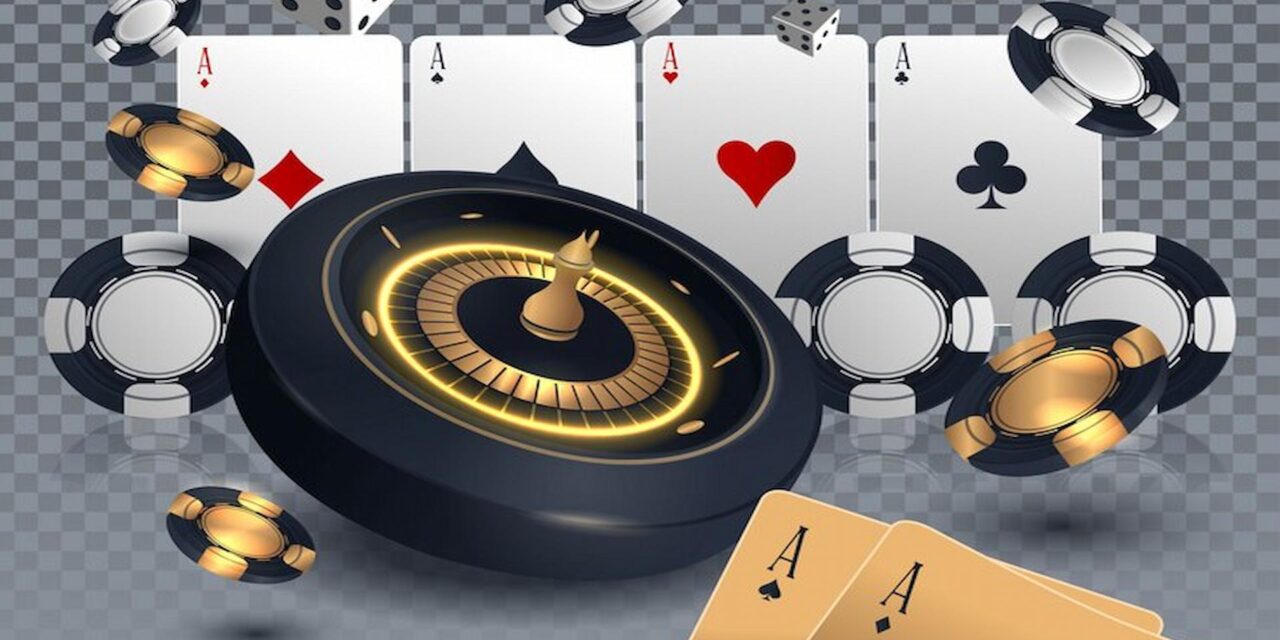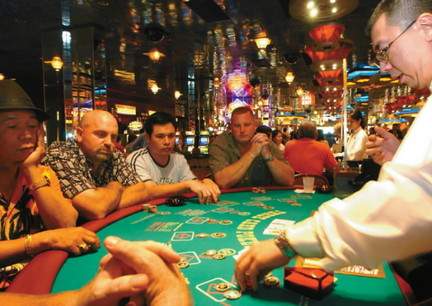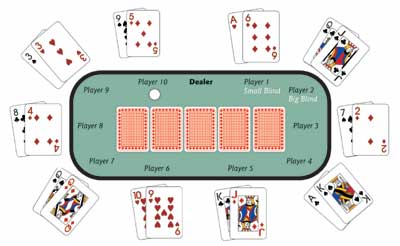Poker is more than a popular card game; it’s a mental exercise that hones your decision-making and critical-thinking skills. Discover why in this article.
Poker is often associated with casinos, entertainment, and large sums of money, but it’s much more than that. This timeless card game sharpens mental agility, enhances logical reasoning, and teaches valuable life skills. Whether you’re a seasoned player or a curious beginner, understanding how poker cultivates decision-making and critical thinking can add new dimensions to your personal and professional life.
This article will explore how poker trains the mind, strengthens analytical skills, and improves emotional intelligence. It will also explore why poker is a powerful tool for mental growth, from real-life applications to scientifically backed benefits.
1. The Role of Probability in Decision-Making
Poker is rooted in probability. Players constantly calculate odds to decide their next move.
- Assessing Risks and Rewards: Each poker hand has a set of probabilities. Players evaluate their odds of winning based on the cards they hold, the community cards, and the potential hands of their opponents. This mental exercise teaches you to weigh risks and rewards in a calculated manner.
- Real-Life Application: Understanding probability doesn’t just apply to poker. It helps you make smarter decisions in life, like choosing investments or evaluating career opportunities.
Incorporating probability into decision-making enhances one’s ability to predict outcomes and act accordingly. This skill is essential for anyone who wants to navigate life’s uncertainties effectively.
2. Sharpening Critical Thinking Through Strategic Play
Poker is not purely about luck; strategy plays a crucial role.
- Analyzing Opponents: Success in poker depends on understanding your opponents’ strategies. It requires observation, pattern recognition, and deductive reasoning.
- Thinking Two Steps Ahead: Good poker players anticipate how their actions will influence others at the table. This skill trains your brain to analyze situations from multiple angles and plan accordingly.
Critical thinking, developed at the poker table, translates to everyday problem-solving. Whether negotiating a deal or resolving a conflict, these skills give you a significant advantage.
3. Emotional Regulation: Controlling Impulses Under Pressure
Poker is a game of high stakes and intense pressure. Players must manage their emotions to avoid costly mistakes.
- The Power of the Poker Face: Remaining calm and unreadable is key in poker. It helps you practice emotional regulation, a critical aspect of decision-making.
- Avoiding Impulse Decisions: Emotional players often act irrationally, leading to poor outcomes. Learning to control your reactions ensures thoughtful, calculated decisions.
In life, staying composed under stress is a valuable skill. Poker teaches you to handle pressure gracefully, whether in a boardroom or a personal crisis.
4. Improving Focus and Patience
Poker demands sustained attention and patience, especially during long games.
- Staying Focused: In poker, a single moment of distraction can result in losing a hand. This requirement for unwavering focus sharpens your ability to concentrate on other areas of life.
- Learning Patience: Not every poker hand is worth playing. Waiting for the right opportunity teaches patience and the value of timing.
These traits—focus, and patience—are invaluable in achieving long-term goals, from career advancements to personal growth.
5. Enhancing Pattern Recognition and Logical Thinking
Poker strengthens your ability to recognize patterns and think logically.
- Identifying Trends: Skilled players notice patterns in opponents’ behavior, such as betting habits or emotional tells. This observational skill is a cornerstone of logical reasoning.
- Drawing Conclusions: Poker players use observed data to make informed decisions. For example, a player’s betting pattern might indicate whether they are bluffing or holding a firm hand.
Pattern recognition and logical thinking are transferable skills. They help in data analysis, troubleshooting, and crafting strategies in professional and personal contexts.
6. Learning from Failure and Embracing Adaptability
In poker, you will lose hands. However, every loss is an opportunity to learn and adapt.
- Analyzing Mistakes: Successful players review their actions after a loss to identify and avoid repeating errors. This reflective practice improves decision-making over time.
- Adapting to Change: Poker is a dynamic game where circumstances evolve rapidly. Players must adjust their strategies on the fly to stay competitive.
This adaptability is crucial in real life. Learning from failure and modifying your approach ensures resilience and long-term success.
7. Building Emotional Intelligence
Poker enhances your ability to understand and influence emotions—yours and others.
- Reading Opponents: To succeed in poker, you must gauge your opponents’ emotions through subtle cues. It improves empathy and social awareness.
- Managing Your Emotional State: The self-awareness gained from poker allows you to regulate your emotions effectively, boosting your emotional intelligence.
Emotional intelligence is a vital soft skill. It improves relationships, fosters teamwork, and enhances leadership capabilities.
8. Real-Life Applications of Poker Skills
The benefits of poker extend beyond the game.
- Professional Decision-Making: Entrepreneurs and executives often use poker strategies to make informed business decisions.
- Everyday Problem-Solving: From budgeting to resolving disputes, the critical thinking skills honed in poker apply to numerous aspects of daily life.
- Academic Success: Logical reasoning and focus are vital for scholarly pursuits, and poker trains your mind to excel in these areas.
These practical applications make poker an enriching experience that improves multiple facets of life.
Conclusion
Poker is far more than a card game. It’s a mental workout that builds decision-making, critical thinking, and emotional intelligence. The skills you gain at the poker table—such as logical reasoning, emotional control, and adaptability—have far-reaching implications for personal and professional growth.
Consider taking poker if you want to enhance your mental acuity and make better decisions. It’s a fun, challenging way to invest in your mind. So, shuffle up and deal—it’s time to play your way to a sharper brain!




